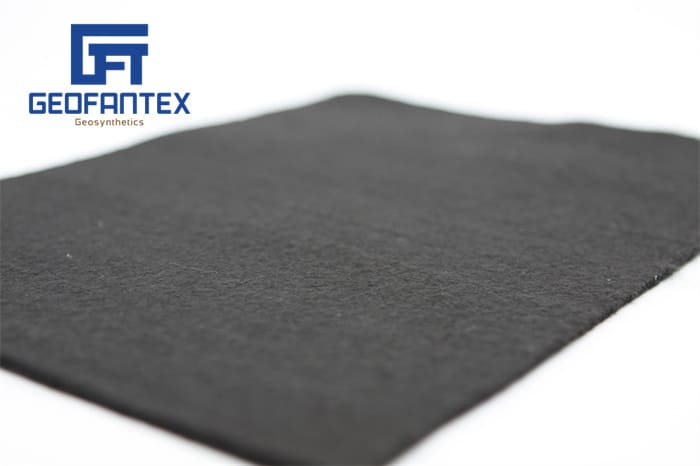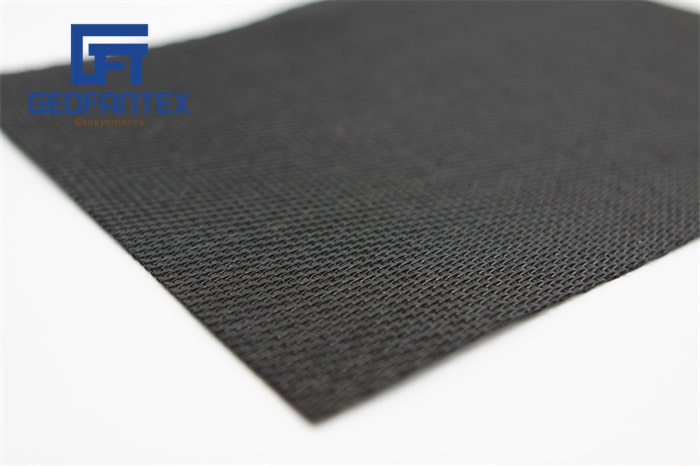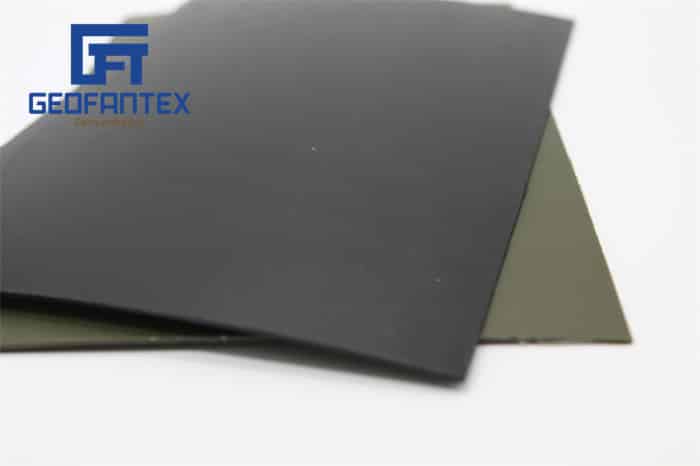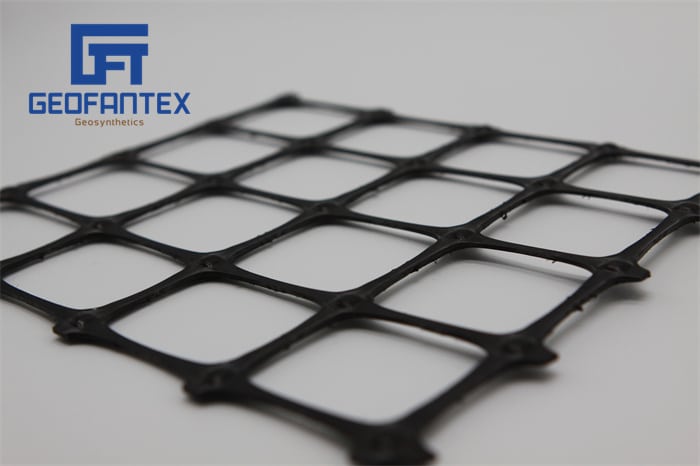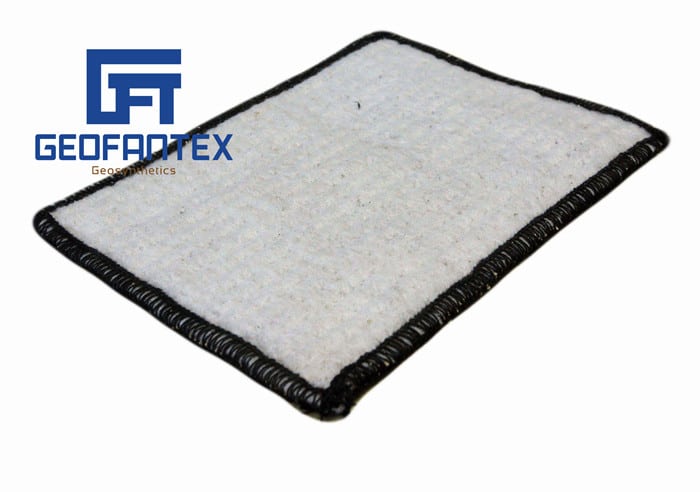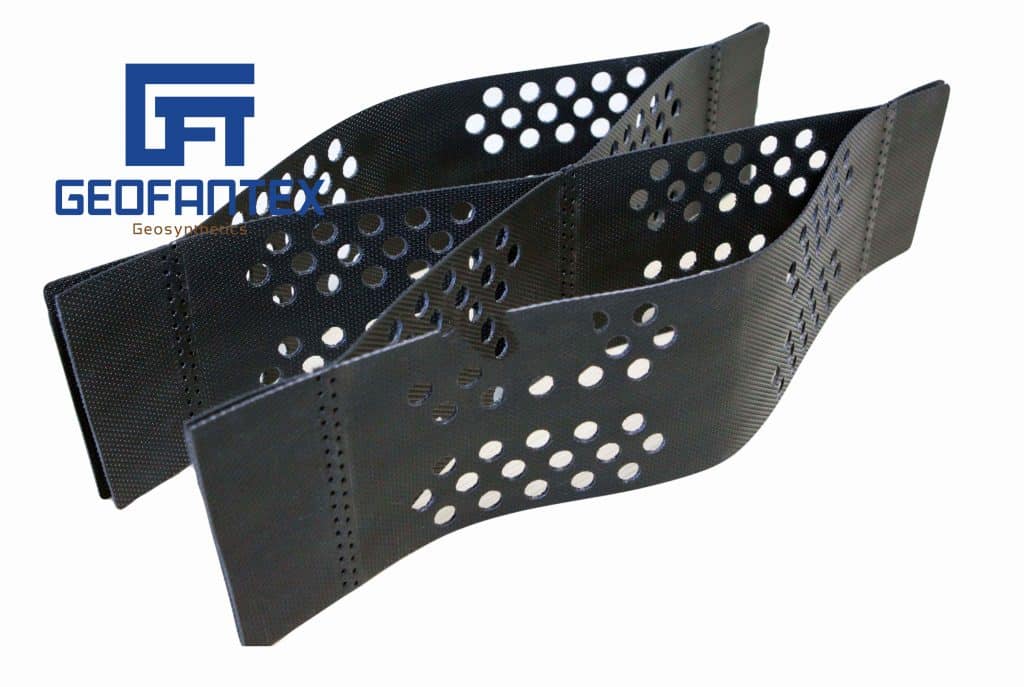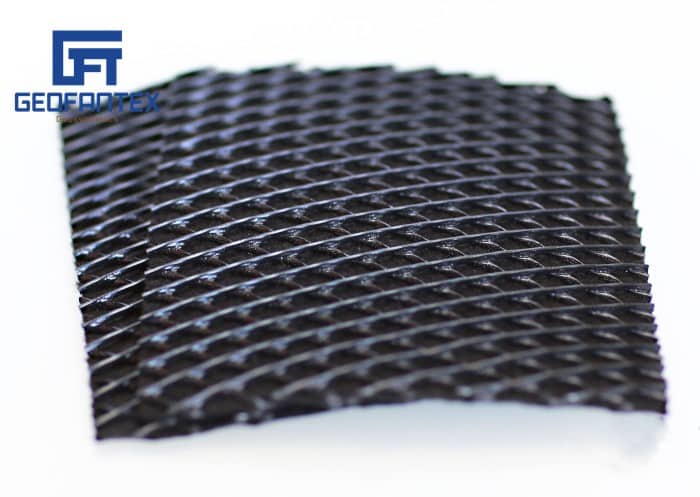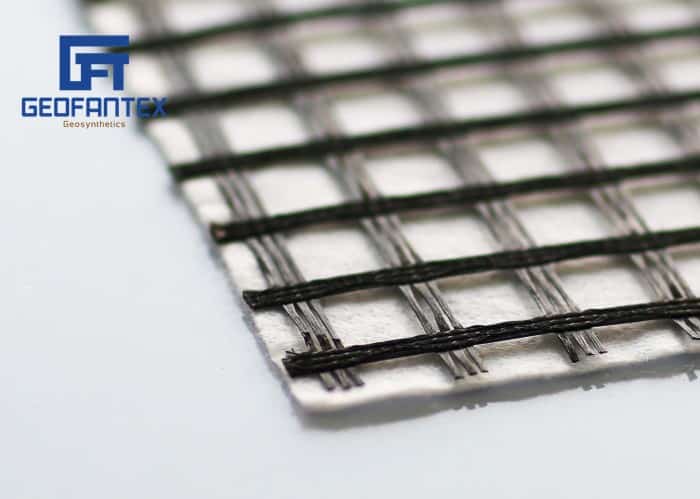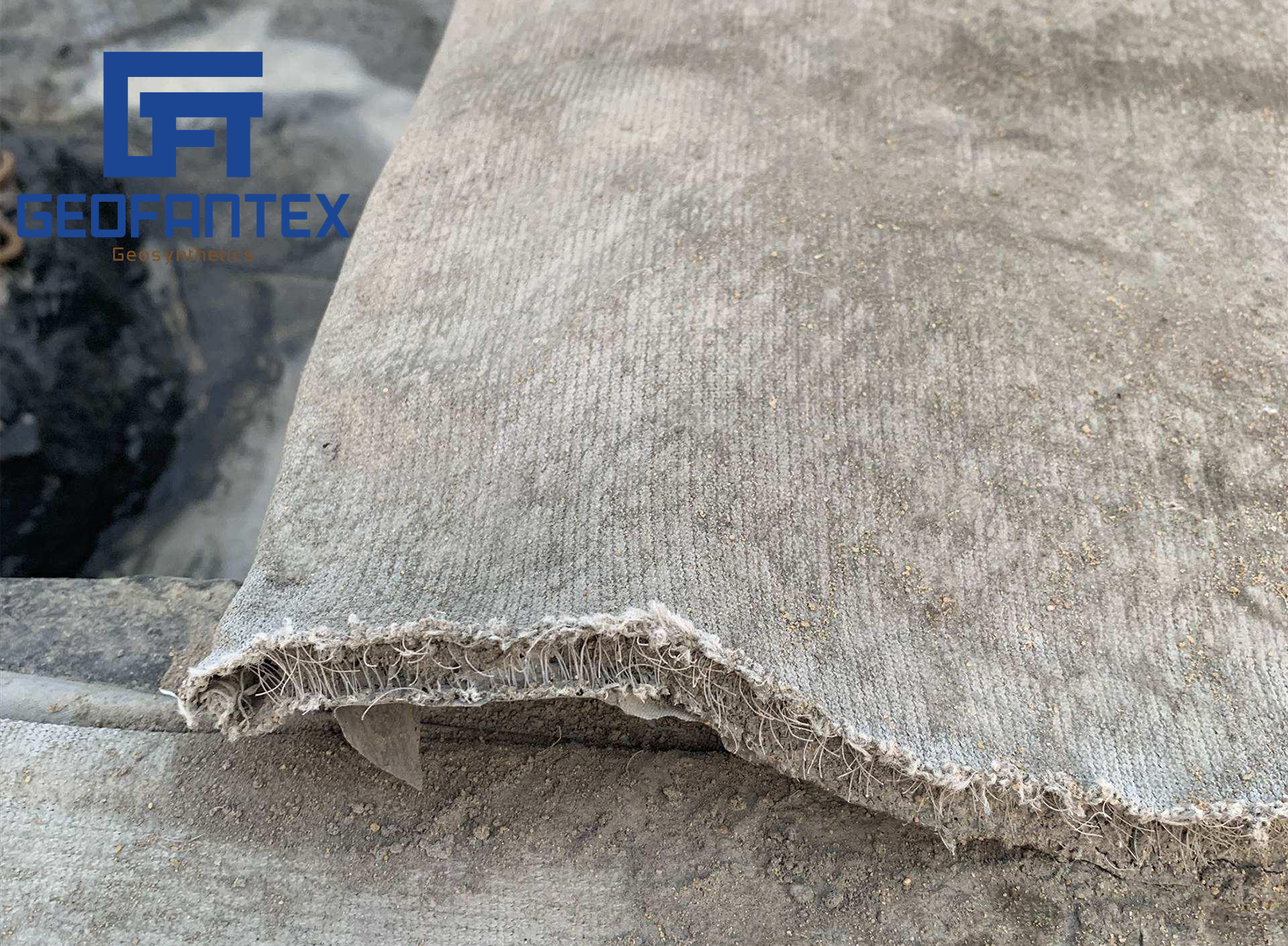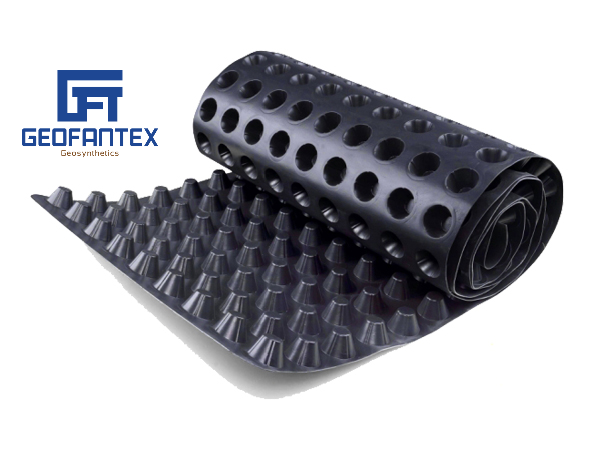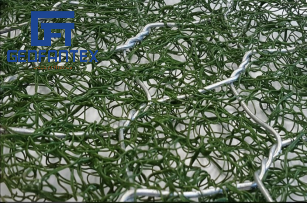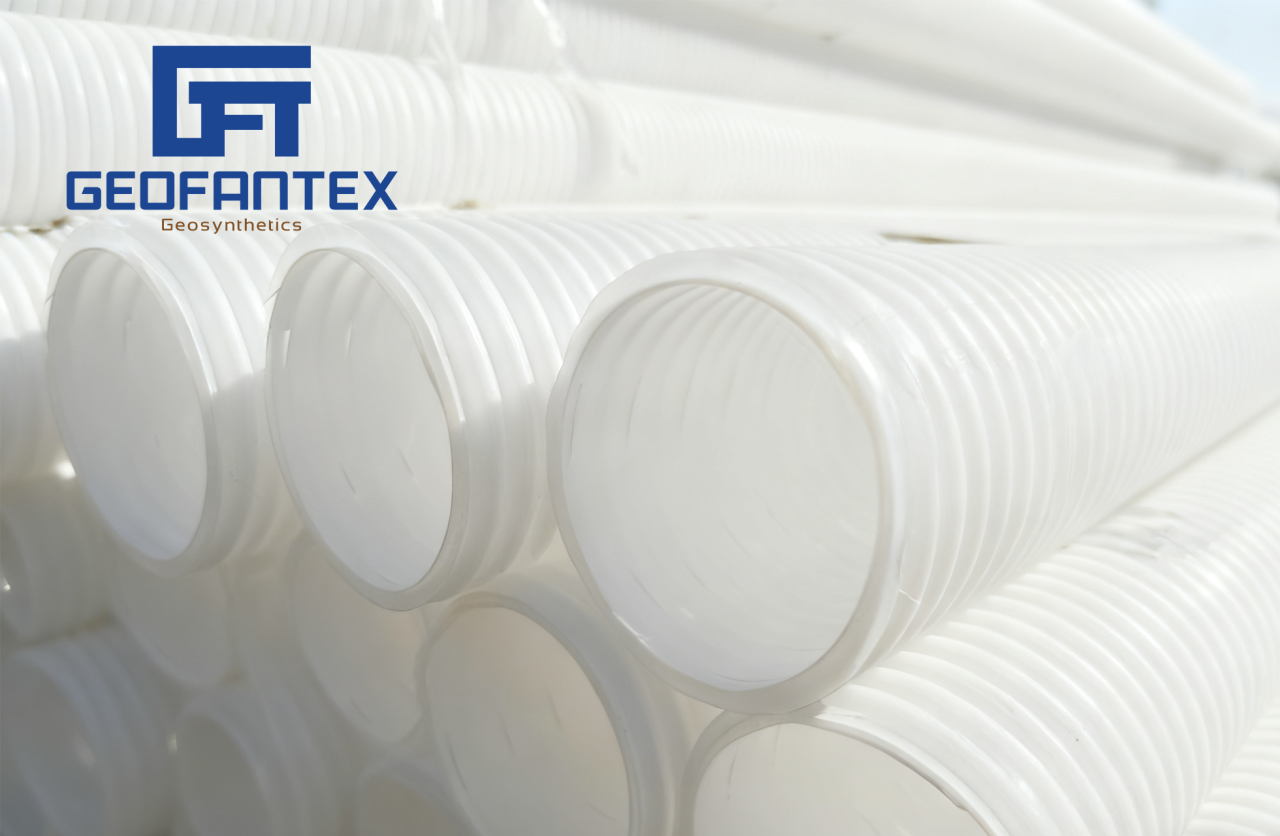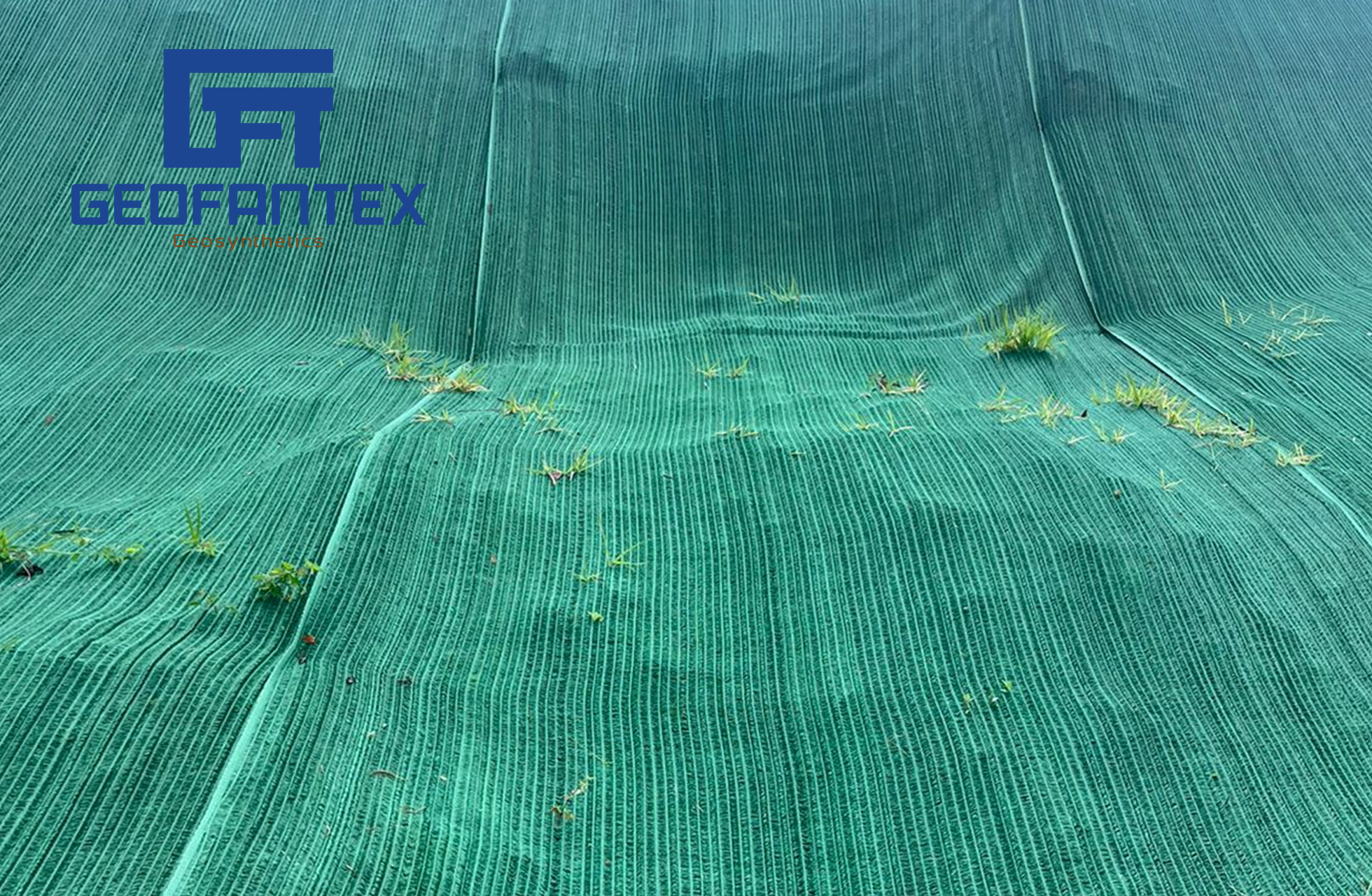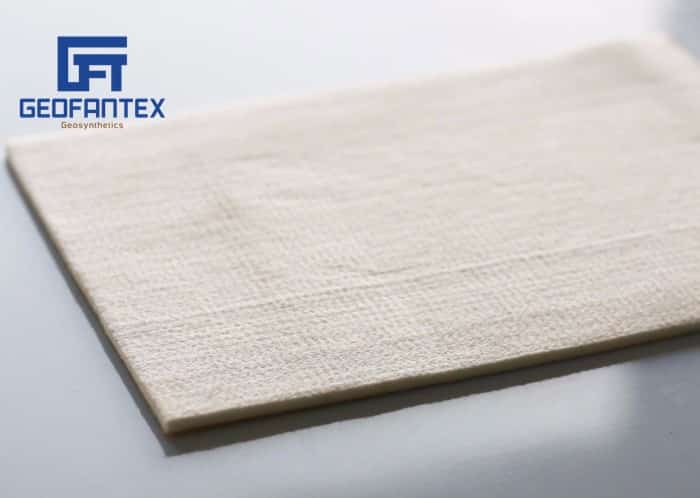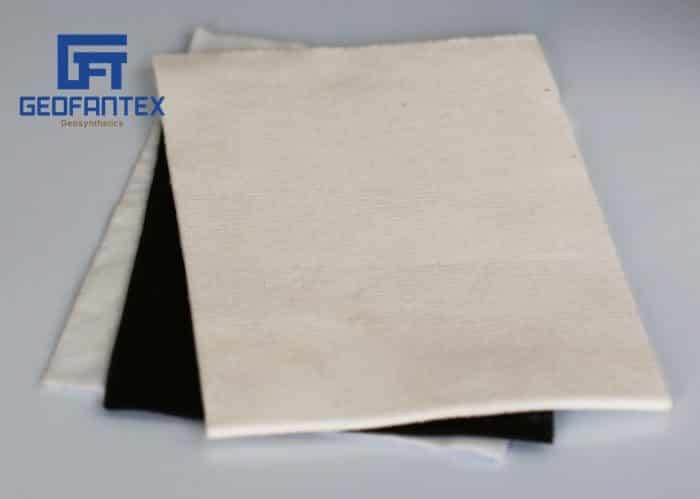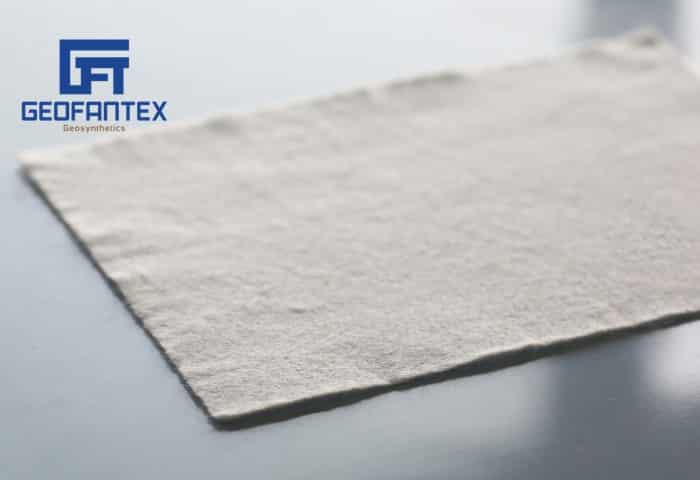+86-159 9860 6917
info@geofantex.com
geofantex@gmail.com
+86-400-8266163-44899
In this article, we’ll explore various waterproofing materials available on the market to help you select the best option for your upcoming project.
Waterproofing is crucial for protecting structures from damage. Choosing the right type can prevent numerous issues in your home or building.
Among the most popular waterproofing materials are polyurethane, cementitious coating, EPDM rubber, rubberized asphalt, thermoplastic, bituminous membrane, and PVC waterproofing membrane. Each serves different purposes and comes with varying benefits and costs.
Let’s delve into each material’s benefits, ideal uses, and overall costs:
Bituminous Membrane
Bituminous waterproofing, ideal for both commercial and residential buildings, combines bitumen with a mix of organic liquids. It’s highly adhesive and durable, making it suitable for roofing applications. However, being derived from crude oil, it’s not considered sustainable and may not perform well in extreme temperatures, affecting its longevity and safety during installation due to fume release.

PVC Waterproofing Membrane
Made from polyvinyl chloride, PVC is widely used for roofing due to its water resistance and vapor permeability. It features a reinforced base of glass fiber or polyester mesh, offering durability and flexibility. Available in reinforced or unreinforced options, PVC is easy to install and boasts a long service life, though it allows moisture to escape through the roof.

HDPE Waterproofing Materials
High-density polyethylene (HDPE) is flexible and resistant to freezing and UV degradation, making it ideal for directing water away from foundation walls in landscaping. Available in rolls, it can be installed vertically by contractors or homeowners.
Choosing the right waterproofing material is crucial for protecting your investment. Consider the specific benefits, uses, and costs of each type to ensure optimal performance for your project.
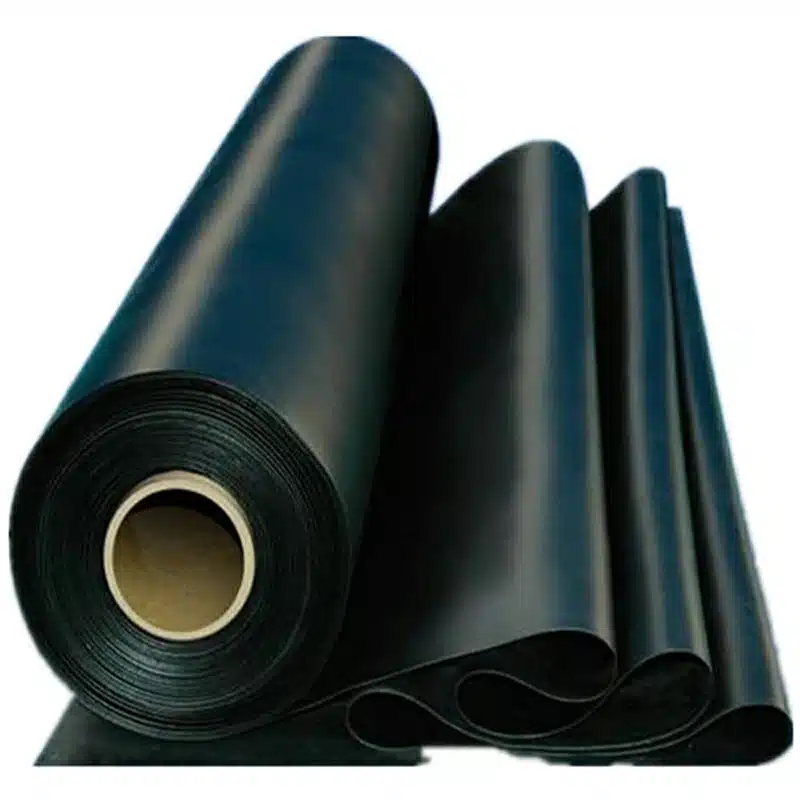
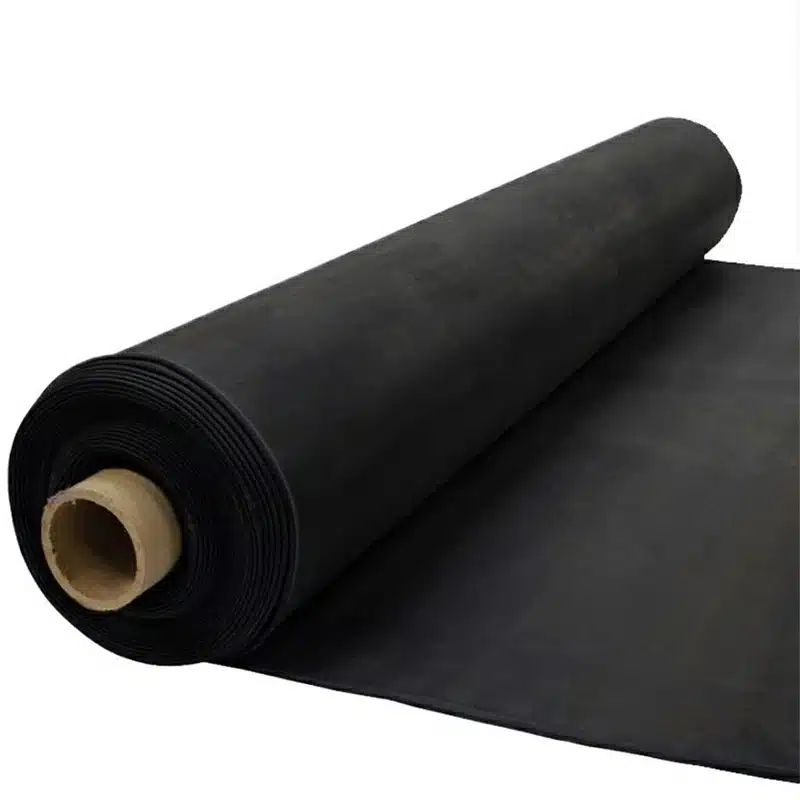

Get Free Sample
We’ll respond as soon as possible(within 12 hours)

